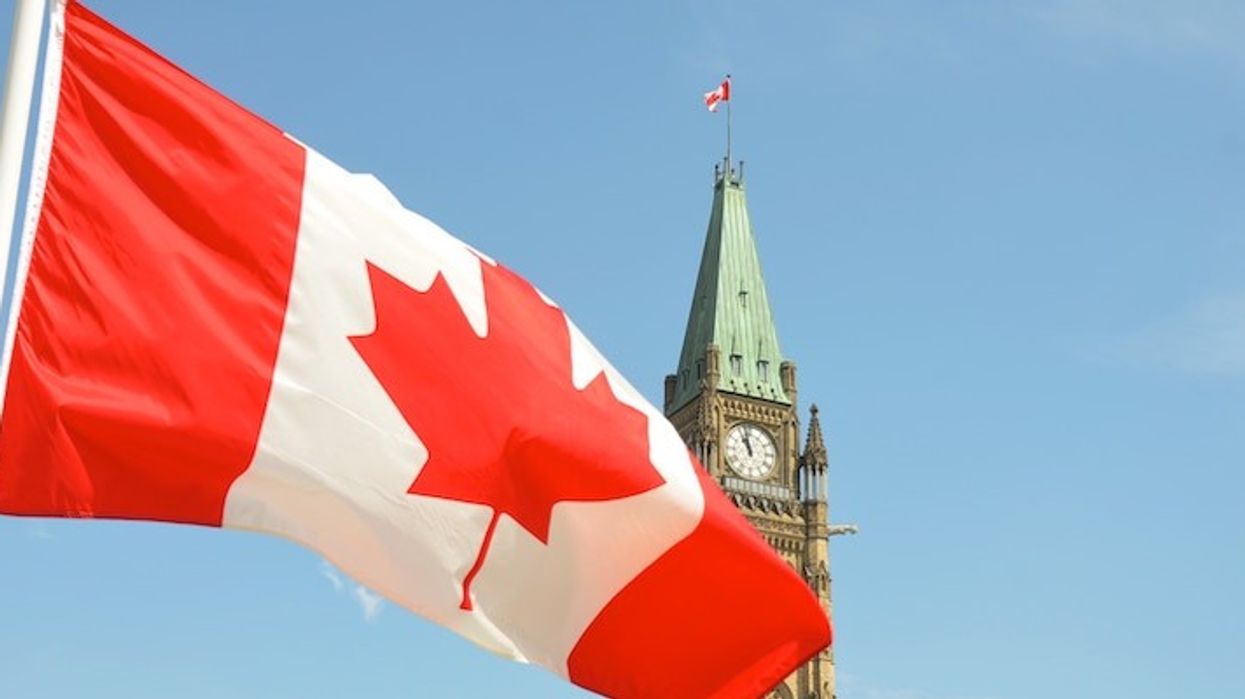After a strong rebound over the summer, the Canadian economy continues to recover -- though, it has a long road ahead. In fact, the Bank of Canada said it expects interest rates to remain at current record lows until 2023, and that a second wave of coronavirus infections would have a pronounced impact on near-term economic growth.
On Wednesday, the Bank of Canada (BoC) released its latest economic outlook and revealed that it will be holding its key overnight rate once again at 0.25%.
“The Canadian and world economies have rebounded sharply from the severe downturns experienced with the onset of the COVID-19 pandemic,” said the BoC in its report. “However, the virus continues to spread worldwide, and it is still having significant economic impacts.”
"This is particularly the case in sectors that rely on individuals being physically close to each other, such as hospitality and travel. Looking forward, the course of the pandemic and the steps needed to contain it remain highly uncertain."
However, the income support programs put in place have been important for the recovery, as they have protected the most vulnerable and supported household spending, said Tiff Macklem, Governor of the Bank of Canada. Macklem said this has "helped to underpin the recovery in consumption."
READ: Top Canadian Real Estate Trends to Look For in 2021
The Canadian economy did experience a "sharp bounce back" in growth after containment measures were lifted and the economy reopened, though, the economy transitioned into a "slower and more protracted recuperation phase of its recovery," the BoC said.
Housing activity contributed to the sharp rebound in the third quarter, as sales made up ground that was lost in the containment phase, said Macklem.
Furthermore, the BoC says the near-term slowing in the recuperation phase is likely to be more pronounced as a result of the recent increase of COVID-19 infections and as there is ongoing and significant slack in the Canadian economy.
As a result, the gap between the actual output and the potential output of the economy isn't expected to close until 2023.
Though the BoC says the economy is now progressing unevenly, with some sectors and workers disproportionately affected by the virus. As such, the ongoing slack in the economy is expected to continue to hold inflation down into 2023.
The Bank says economic recovery is expected to be prolonged, underpinned by policy support but largely influenced by the evolution of the virus, ongoing uncertainty, and structural changes to the economy. What's more, these changes could result in longer-term shifts of workers and capital across different regions and sectors of the economy.
After declining by about 5.5 percent in 2020, the economy is expected to expand by almost 4% on average in 2021 and 2022.
The Bank says two factors will likely lead to quarterly patterns of growth that are "unusually choppy" localized outbreaks and containment measures, and varied rates of recovery across industries.




















